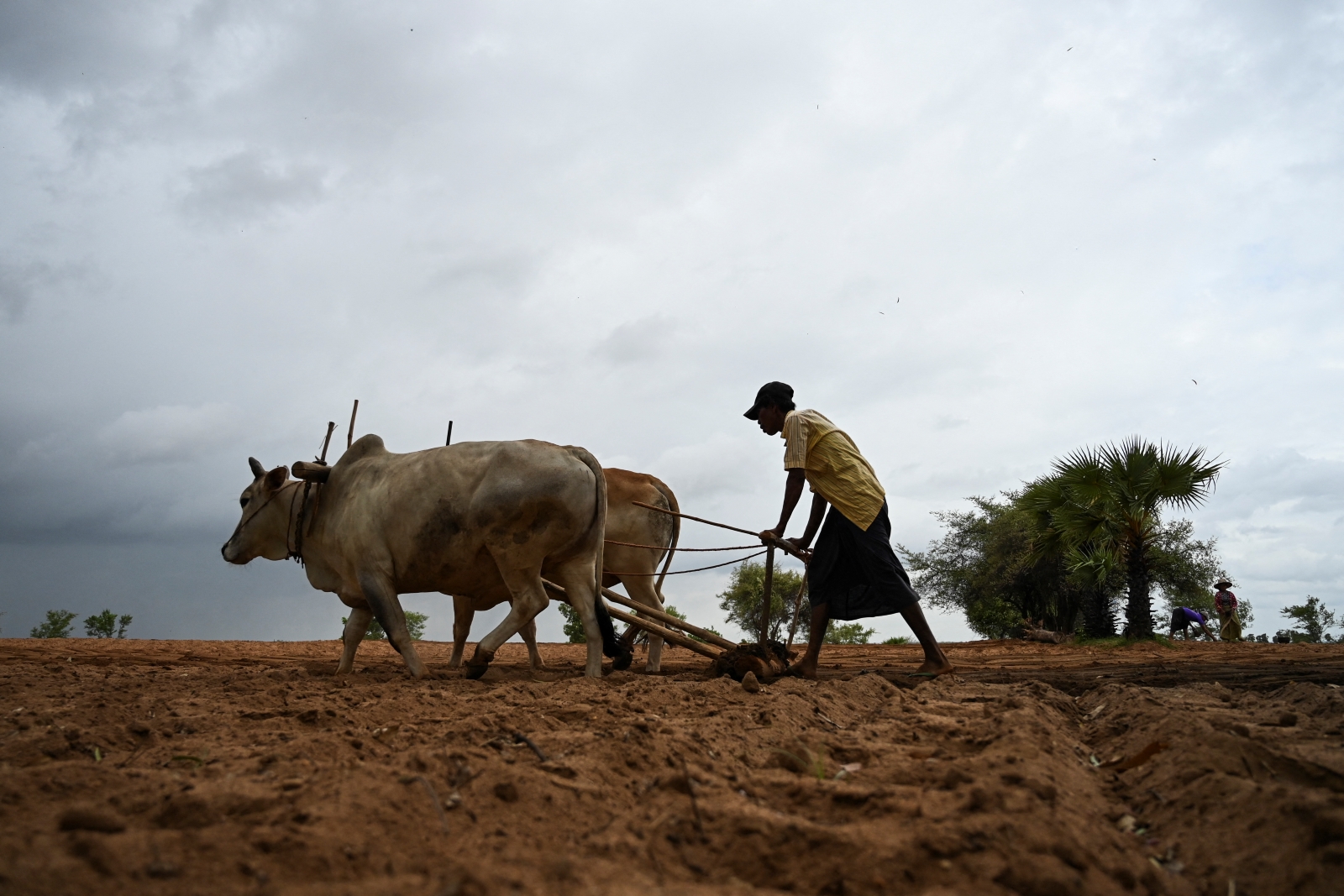By THOMAS KEAN | FRONTIER
YANGON — The World Bank and International Monetary Fund have both revised down estimates for economic growth in 2016-17, citing a combination of internal and external factors.
The World Bank is expecting the economy to grow at 6.5 percent, it said in its latest Myanmar Economic Monitor, barely six months after it forecast GDP growth to rise to 7.8 percent.
The IMF Executive Board, meanwhile, said in a statement at the end of its Article IV consultation on February 2 that it expected growth of 6.3 percent, down from earlier estimates of 8 percent and below the 2015-16 figure of 7.3 percent.
The downgrades are partly the result of domestic factors, including a decline in foreign investment, slow growth in the agriculture sector and the halt of high-rise construction in Yangon, but lower demand from trading partners and declines in commodity prices were also partly to blame.
Support more independent journalism like this. Sign up to be a Frontier member.
Growth is expected to pick up over the medium term, with the World Bank anticipating the economy will expand at an average of 7.1 percent over the next three years. The IMF expects growth to pick up to 7.5 percent in 2017-18 and 7.6 percent the year after.
A number of macroeconomic risks remain, however, including a narrow production base, vulnerability to natural disasters and higher prices for international commodities, the World Bank warned.
Both the World Bank and IMF urged the government to raise its game on economic policymaking and expand on the three-page policy released last August.
The World Bank said strengthening the “the clarity, communication and credibility of economic policies” should be a priority for the National League for Democracy-backed administration.
“Policies to sustain stable and inclusive growth are critical for creating more opportunities for people to earn and have better jobs in Myanmar,” World Bank country manager for Myanmar Mr Abdoulaye Seck said in a statement. “They are also important for reducing the high inflation that impacts the poor the most adversely.”
Some of the government’s financial reforms drew praise, particularly its efforts to fund the budget deficit through bond sales rather than lending from the Central Bank, a longstanding practice that contributes to high inflation.
The IMF statement praised the government’s fiscal restraint but called for monetary conditions to be tightened further to contain inflation, which it anticipates will moderate to 7.0 percent in 2017-18, down from 10.0 percent this year.
It also urged greater efforts to increase tax revenues and contain the risks from state-owned enterprises in order to fund key social and infrastructure spending.







